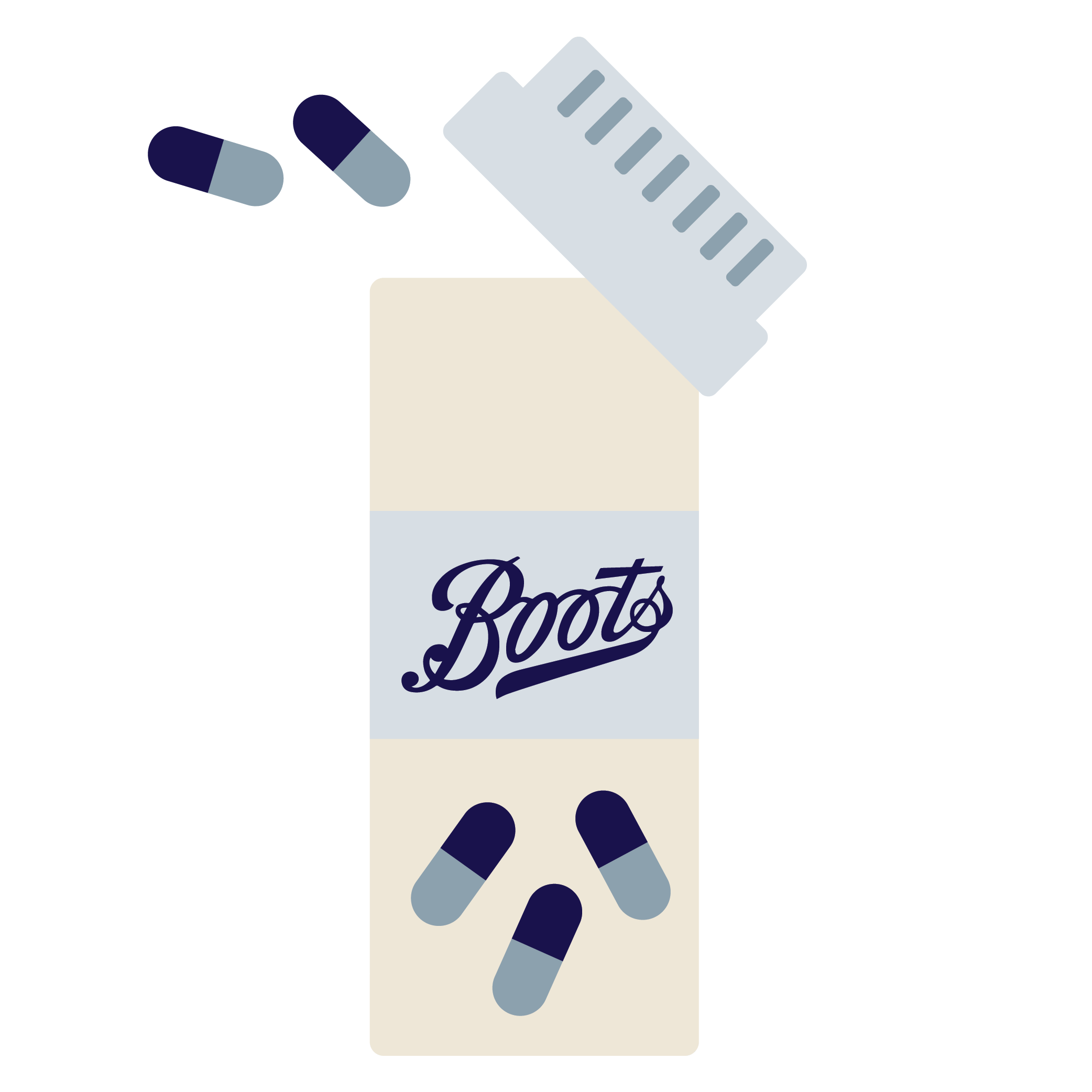
VAGINAL DRYNESS — WHAT YOU NEED TO KNOW
What is vaginal dryness?
Vaginal dryness is when the walls of your vagina get thinner and drier. With less natural lubrication you can be left feeling itchy and uncomfortable. It can affect you at any time but tends to happen during the menopause.

What are the symptoms of vaginal dryness?
If you’ve got vaginal dryness you might notice:
- Itching or soreness in and around your vagina
- Pain or discomfort during sex
- Needing to pee more often
- Getting urinary tract infections (UTIs/cystitis) more often
If you have additional menopausal symptoms such as hot flushes, night sweats, mood changes, sleep problems, low sex drive or muscle pain it may be better for you to use oral hormone replacement therapy (HRT). We can prescribe this, if suitable, through our menopause and HRT service.
What can cause vaginal dryness?
This service is for women experiencing vaginal dryness caused by a change in the balance of your hormones around the menopause. If the level of your oestrogen hormone falls, it can affect how much vaginal fluid you produce.
You can also get vaginal dryness caused by hormone changes if you:
- Are breastfeeding
- Taking the contraceptive pill
- Have your womb removed (hysterectomy)
- Are being treated for cancer
It can also be caused by cleaning the inside of your vagina (douching), or having very hot baths; not being turned on during sex; or an underlying health condition.
If you’re experiencing vaginal dryness not related to the menopause, please see your GP in person.
How can I prevent vaginal dryness?
You can take steps to help prevent vaginal dryness. You should avoid using any perfumed soaps or douches in and around your vagina. But you could try using a vaginal moisturiser like Vagisan or Replens. You might also find that eating foods rich in plant oestrogens, like soy products or flaxseed, can help.
If it’s a problem during sex, try enjoying more foreplay so you get more turned on. And you and your partner could use water-based lubricants.
Page last reviewed by: Dr. Christina Hennessey 21/06/2021

